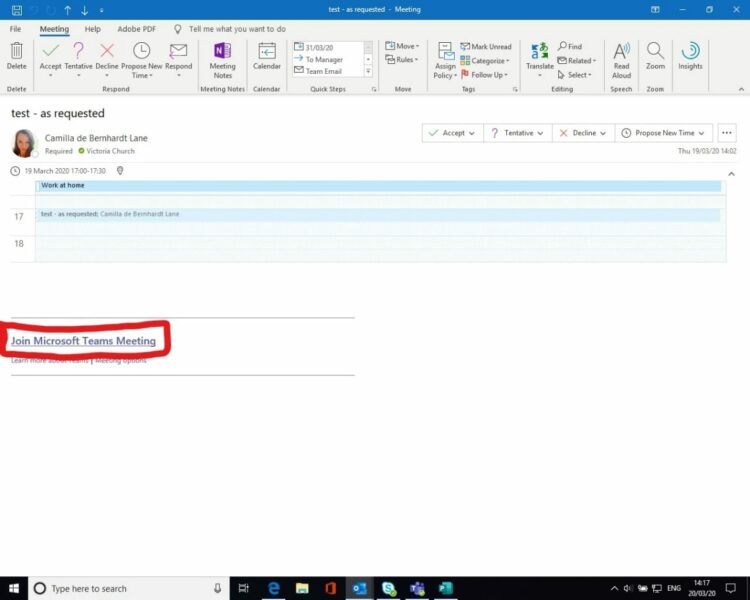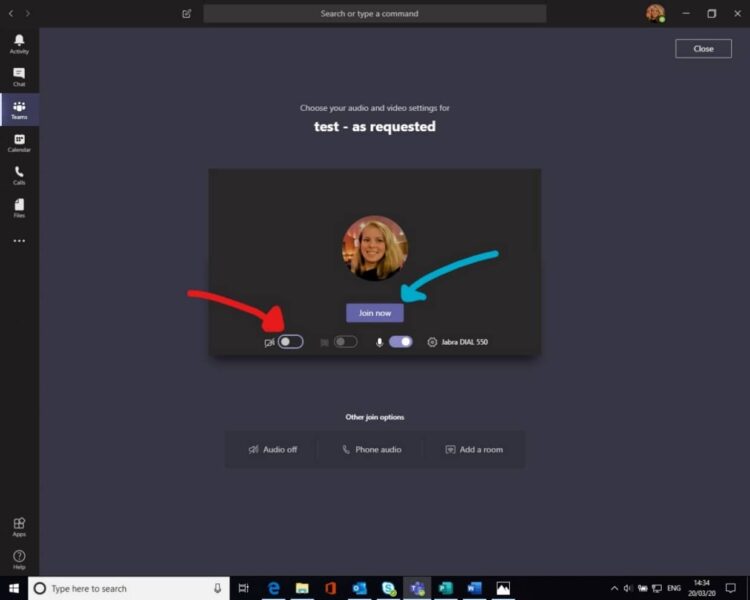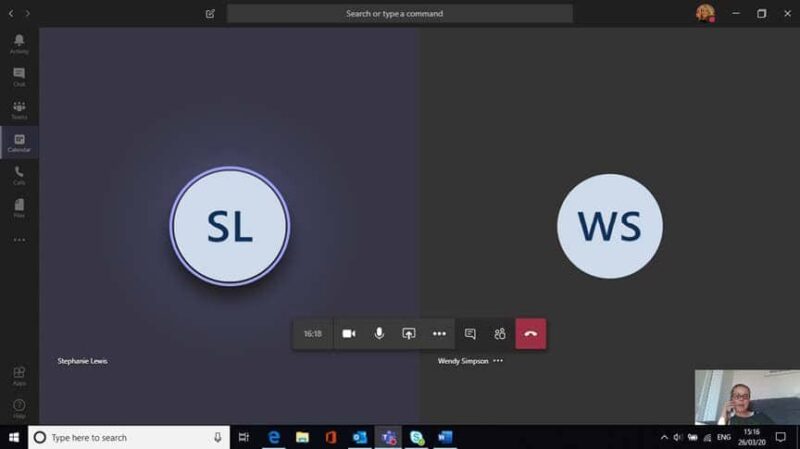If you have been refused admission to your preferred school, your child’s name will be placed on the waiting list and you have the right, by law, to appeal to an independent appeal panel.
It should be noted that the waiting list and your position on it have no bearing on the appeal process. Waiting lists are managed by the School Admission Team and are refreshed annually.
When considering whether to appeal, it is important to note that although the law allows you the opportunity to appeal against admission decisions, it does not give your child the right to a place at your preferred school. There is no guarantee that your appeal will be successful.
If you are appealing for a place at your preferred school, you should make arrangements for a place at an alternative school in case your appeal is unsuccessful.
Accepting a place at another school does not affect your right to appeal for the school you prefer.
If you do not wish to accept an offer of a school place, either because your circumstances have changed or you are unhappy with the alternative offer made, you must confirm this in writing to the school admissions team.
No offer will be made if you are currently attending a local school unless an alternative is requested
Children with an education, health and care plan cannot appeal through this process and must appeal through the Special Educational Needs and Disability Tribunal
Who will deal with your appeal?
If your child has been refused admission to your preferred school(s) and you wish to find out more about available school places in your area, where your child is on the waiting list, or discuss how to apply for a school place please contact the School Admissions Team at admissions@devon.gov.uk or call 0345 155 1019.
If you would like to read a more detailed guide to the appeals process we have made the following admissions appeal guidance for parents available.
If you have further questions on the appeals process after reading all the information provided, or you would like to speak to the School Appeals Clerk about your appeal, please contact appeals@devon.gov.uk or call 01392 381362.


